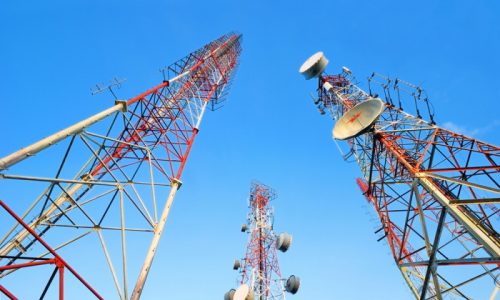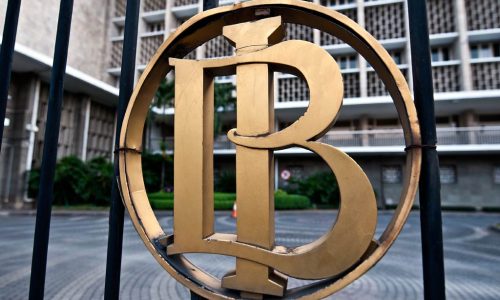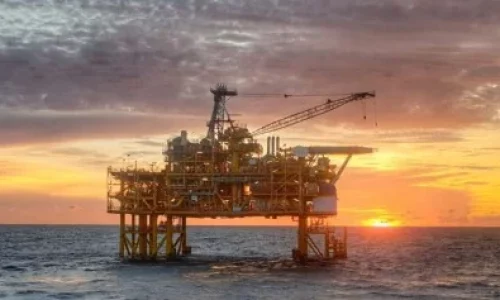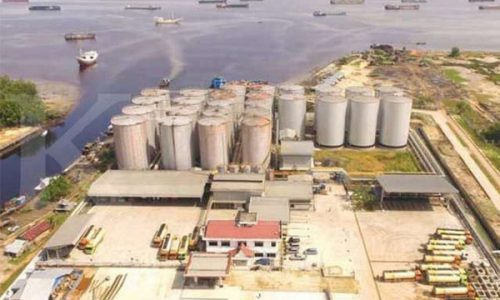PT Arkora Hydro Tbk (ARKO) will establish a new subsidiary of PT Arkora Hydro Pamulihan (AHP) with IDR 2.49 billion (US$ 167,500) in investment. The new subsidiary will generate electricity through renewable and new power sources.
Established in 2010, ARKO operates in the renewable energy industry. The company operates small-scale run-of-river electricity plants through its subsidiaries in West Java, Central Sulawesi and Lampung. Until 2021, its electricity plants are able to produce 75 Megawatts of electricity.
“AHP business activity is to generate electricity through new and renewable energy sources, originating from water (Hydroelectric Power Plants),” said ARKO Corporate Secretary Prisca Lumbantobing in a January 31, 2023, disclosure published by Indonesia Stock Exchange (IDX).
ARKO established AHP through its subsidiary PT Arkora Guna Nergi (AGN). AGN owns 99.96% of AHP shares or 2,499 shares valued at IDR 2.49 billion. Meanwhile, PT Arjuna Hidro owns 0.04% of AHP shares worth IDR 1 million.
Lumbantobing said the establishment of AHP would not have a significant impact on ARKO’s operations or business continuity.
Risks in renewable energy industry
Surya Darma, Chairman of the Indonesian Renewable Energy Society (METI), said on May 8, 2021, that there were barriers to the entry of renewables into the market. This is due to strong economic interest in coal as a source of government’s revenue and domestic energy and the continued support for fossil fuel subsidies. So far, there are still barriers in electricity tariff policies and the uncompetitive cost of renewables.
- Market risks: Renewable energy industry in Indonesia depends on the government subsidies and consumers’ demand. It also depends on changes in these factors that can affect the demand and price of renewable energy, leading to decreased profitability for companies in the industry.
- Infrastructure risks: Indonesia is still in the process of developing its renewable energy infrastructure. There are risks associated with inadequate grid infrastructure and low interconnection capacities that can negatively impact the delivery and distribution of renewable energy. Additionally, there may be limitations in the availability and access to financing, skilled labor and materials which are necessary to build and maintain renewable energy infrastructure.










